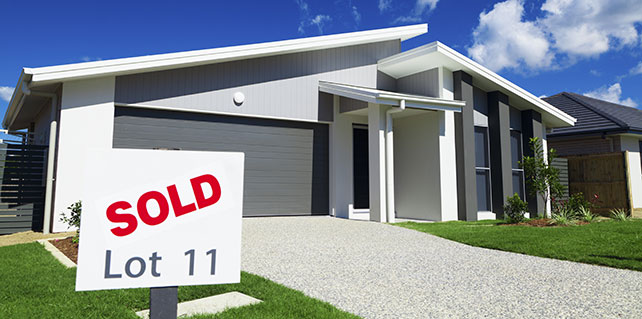Unlike practicing for a piano recital, you will not necessarily “get out what you put in” when it comes to an investment property. This is because it’s not just a matter of buying a property and waiting for the profits to roll in. You need to play smart to win the game. So, what is property investment? If you are new to the property investment, consider the following factors first.
Acquisition costs. As you may have guessed, this is what you will have to pay to actually “acquire” the property. What may be included in that initial payout?
Transaction costs such as stamp duty, building inspector fees, rental manager fees, and loan establishment fees. By not factoring in these up front charges, many would-be property investors get blind-sided. Make sure you understand all the costs that purchasing your first property will entail and ensure that you have enough resources to cover it.
Holding costs. Once again the meaning is evident from the term. This is what you will be paying out to keeping “holding on” to the property. True, there will be revenue from the rental fee but consider some of the holding costs.
The loan you established to purchase the property will generate interest fees. These will need to be paid.
Moreover if you purchase a property in a complex such as a high-rise apartment, you will need to pay body corporate fees. This is because, although you own the lot for your property, you share ownership of common areas such as a gymnasium or pool. For these bells, whistles and shared ownership, you need to pay fees.
A third consideration is maintenance costs. If you are buying an old property, there may be high maintenance costs such as replacing air conditioners, plumbing, carpeting, etc as each of these reach their life expectancy.
Capital growth. If you’re playing for keeps in the property investment game, you will want your property to grow in value while the mortgage on that property gets paid down. That leaves you with greater equity—and the ability to purchase yet more properties. How can you do this?
One strategy is to buy a property offered at a cost less than its potential value and which allows you to renovate and redevelop to increase its market value, thus stimulating capital growth. It also helps to obtain a property that has something a little different to offer which may attract potential tenants.
Looking ahead and anticipating costs as well as promoting capital growth will keep you a strong contender in the investment property game.
When it comes to increasing the value of the property, TFO’s great prices on tiles will make your renovation work really worthwhile. Tiles don’t just look great but they are the most practical option for your investment property due to their durability and the ease of maintenance. Incorporating natural materials such as marbles and travertine can actually raise the value of your investment property. Browse TFO’s huge range of porcelain and natural stone tiles now.


